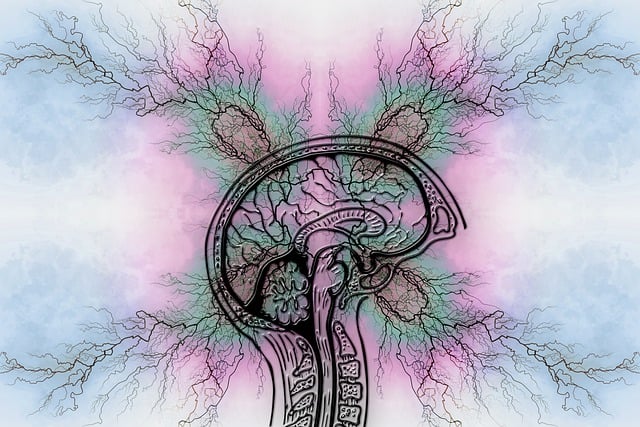
A syndrome is a clinical condition.
A syndrome is characterized by grouping together various symptoms that characterize a certain disease or describes the group of phenomena typical of a specific situation.
At a medical level, a syndrome is understood as a clinical condition that deserves to be examined because it has a certain meaning. Thanks to its particularities, which function as semiological data , it has a certain identity, with particular causes and etiologies.
Some syndromes
As an example, we can cite Down syndrome , a congenital defect that is caused by the appearance of an exact repetition of all or part of chromosome 21 in the body. Those affected by this disorder, also known as trisomy 21 , experience mental retardation , are prone to cardiological problems and have certain facial features.
Asperger syndrome , for its part, is a generalized disorder that affects development. Individuals affected by this syndrome suffer flaws in their interpersonal intelligence ( empathy ), which is why they are not able to identify the emotional states of others.
Likewise, we cannot overlook mentioning the well-known Tourette syndrome . This is named after the doctor who first diagnosed it in 1885 , Georges Gilles de la Tourette . Specifically, it is established that this is a neurological disorder, of a hereditary nature, which is characterized by the fact that the person suffering from it has the emission of tics and also a series of involuntary and repetitive movements.

Tourette syndrome is an inherited neurological disorder.
Genetic and neurological problems
In the same way we also find Guillain-Barré syndrome . This affects the peripheral nervous system that is attacked by the person's immune system. There is a lot of ignorance about why some individuals suffer from this disorder and not others.
However, what is perfectly defined is that those who suffer from it see their ability to experience sensations significantly diminish and suffer from muscle weakness. There is no type of cure that has been discovered so far for this disorder, which does have various treatments to reduce or slow down the disease.
To all these types of disorders we should also add Rett syndrome , which is neurological in nature and has a genetic basis. The female gender is mostly the one who can be affected by the one that always manifests itself before the age of 4 and which translates into a significant disability for those who suffer from it. Specifically, it manifests itself in mental retardation, loss of different abilities and delay in language acquisition.
Withdrawal syndrome and Stockholm syndrome
The withdrawal syndrome is also recognized from symptoms manifested as a result of the sudden decrease or suspension of the daily intake of the substance for which dependence is experienced. It is common, for example, in drug addicts who decide to stop using.
Finally, we can highlight Stockholm syndrome , which occurs when a kidnapped person ends up understanding the reasons of their captors and establishes an emotional bond with them. It receives its name from an event that occurred in the Swedish capital in 1973 ; In a robbery at the Kreditbanken bank, the criminals hold the employees hostage for six days. When the captors surrender, the cameras notice that one of the victims kissed his captor. Later, in the trial, the kidnapped people defended the criminals.
